Ditch the Pills: A Doctor's Guide to 15 Foods That Naturally Crush Bad Cholesterol
High cholesterol can feel like a heavy word, but it’s really a story about what’s moving through your body—and what you can do about it. Cholesterol itself isn’t “bad,” but too much low-density lipoprotein (LDL) can build up in our arteries, quietly adding to our health worries over time. The good news? Years of research point to a truth few headlines mention: everyday foods, not just medications, hold real power in supporting your heart’s well-being. These are changes you can actually taste, see, and savor, bite by bite. No single food is a miracle, but a balanced, thoughtful diet can reshape your cholesterol story with every meal. This doctor-inspired list celebrates 15 nourishing foods—each with evidence behind it and practical ways to bring it onto your plate. If you’re taking medication or managing a medical condition, keep your care team looped in as you make new choices. This isn’t about cutting things out forever or doing a total life overhaul overnight. Instead, consider this a warm invitation: swap just one snack, try a new side, or get curious in the grocery aisle. Your heart is listening—and every gentle swap is a step towards feeling your best. Ready to meet your food allies? Let’s discover the simple, delicious options that genuinely help lower LDL, raise HDL (“good cholesterol”), and make every meal a chance to care for yourself.
1. Oats
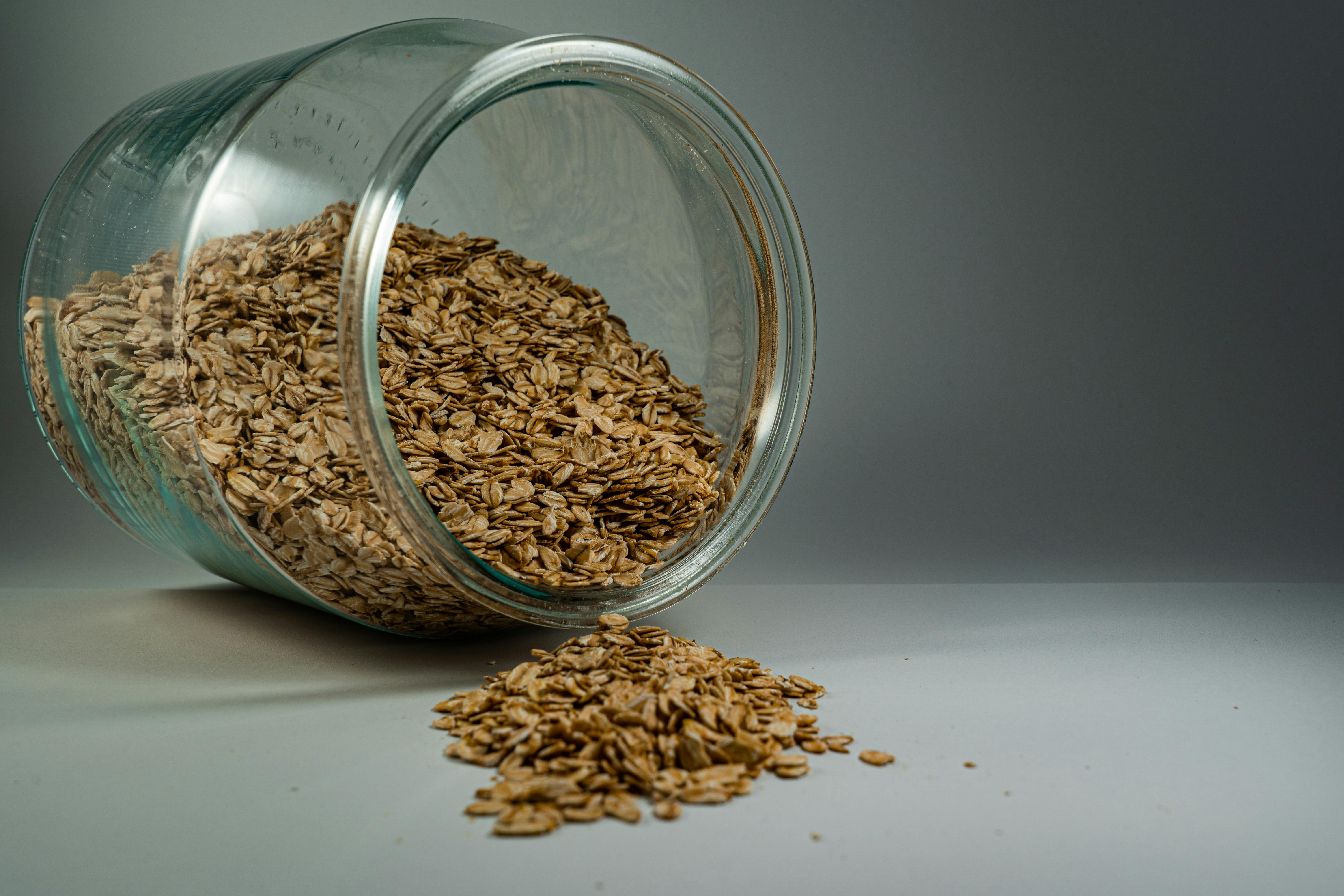
There’s a reason oats have stuck around on breakfast tables for generations. These humble grains are packed with soluble fiber—specifically beta-glucan—which acts like a sponge in your digestive tract, soaking up excess LDL cholesterol before it can cause harm. Several clinical studies show that just one and a half cups of cooked oats a day can lower LDL by 5–8% over time. The real secret lies in consistency: a warm bowl every morning goes a long way. Try swapping cold cereals for steel-cut or old-fashioned oats. Top with berries or sliced apples for extra cholesterol-busting power. Oatmeal doesn’t have to be bland—experiment with cinnamon, a sprinkle of nuts, or even savory stir-ins. Not into porridge? Add oat flour to pancake mixes, or use oats in homemade energy bars. If you’re new to higher-fiber foods, start slow and drink plenty of water to help your body adjust. Gentle shifts—like an oatmeal breakfast—are acts of self-care that build on themselves, fueling your heart with every spoonful.
2. Barley
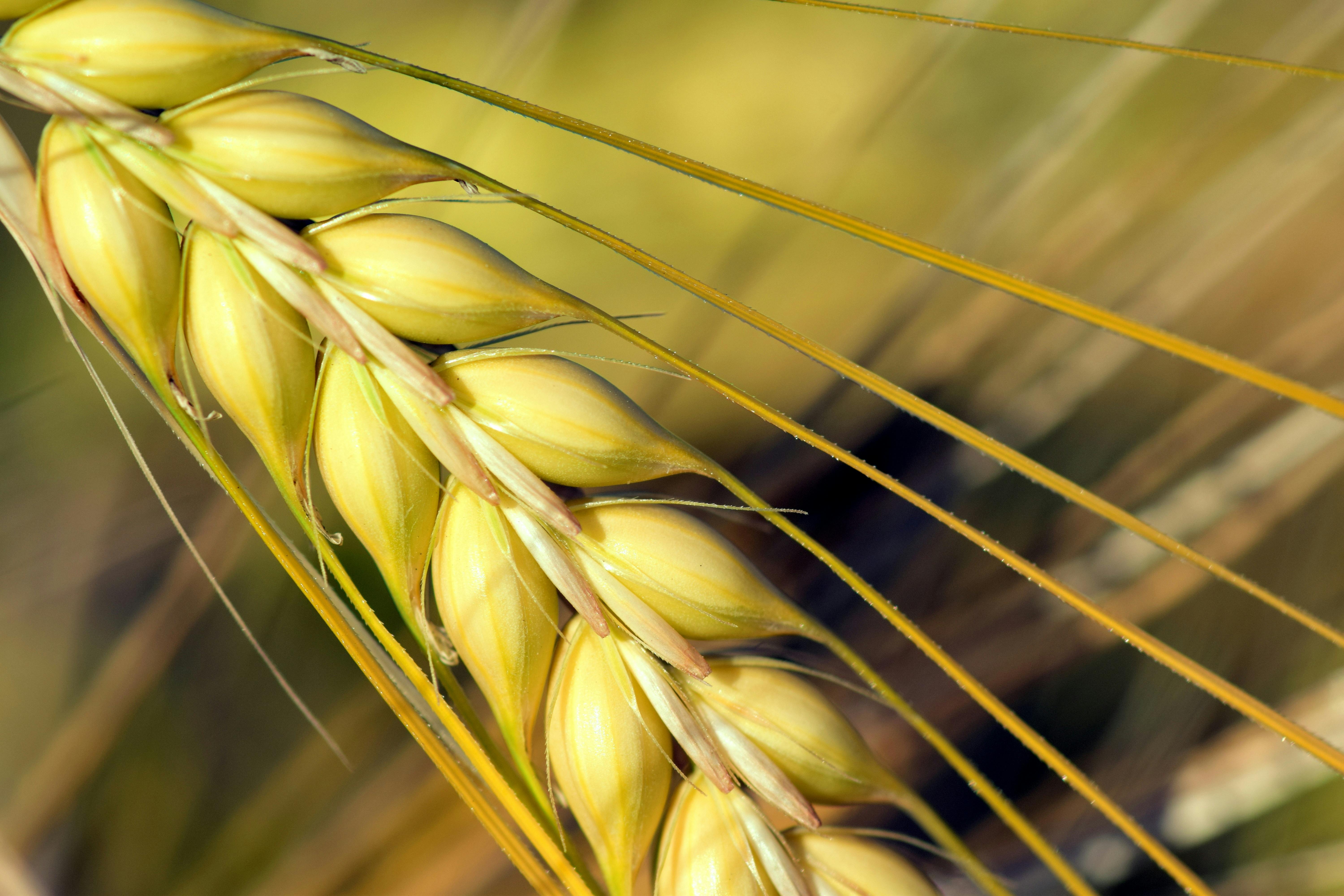
Barley often hides in the background of soups and stews, but its cholesterol-lowering superpower deserves the spotlight. Like oats, barley is rich in soluble fiber, which helps reduce the absorption of LDL cholesterol. Clinical research has shown that consuming barley can help decrease not only LDL, but also total cholesterol, sometimes within four weeks when eaten regularly. Barley’s pleasing texture makes it a versatile grain to swap in for rice or pasta. Toss cooked barley into salads, or make a simple barley soup with vegetables for a hearty, filling meal. You’ll nourish your heart and stay full longer—a win for both wellness and your taste buds. When buying barley, look for hulled (whole grain) or pearl barley for the best results. Start by adding a half-cup serving most days. Remember, every grain is progress; a small bowl at lunch can quietly add up to real change over the weeks.
3. Psyllium Husk
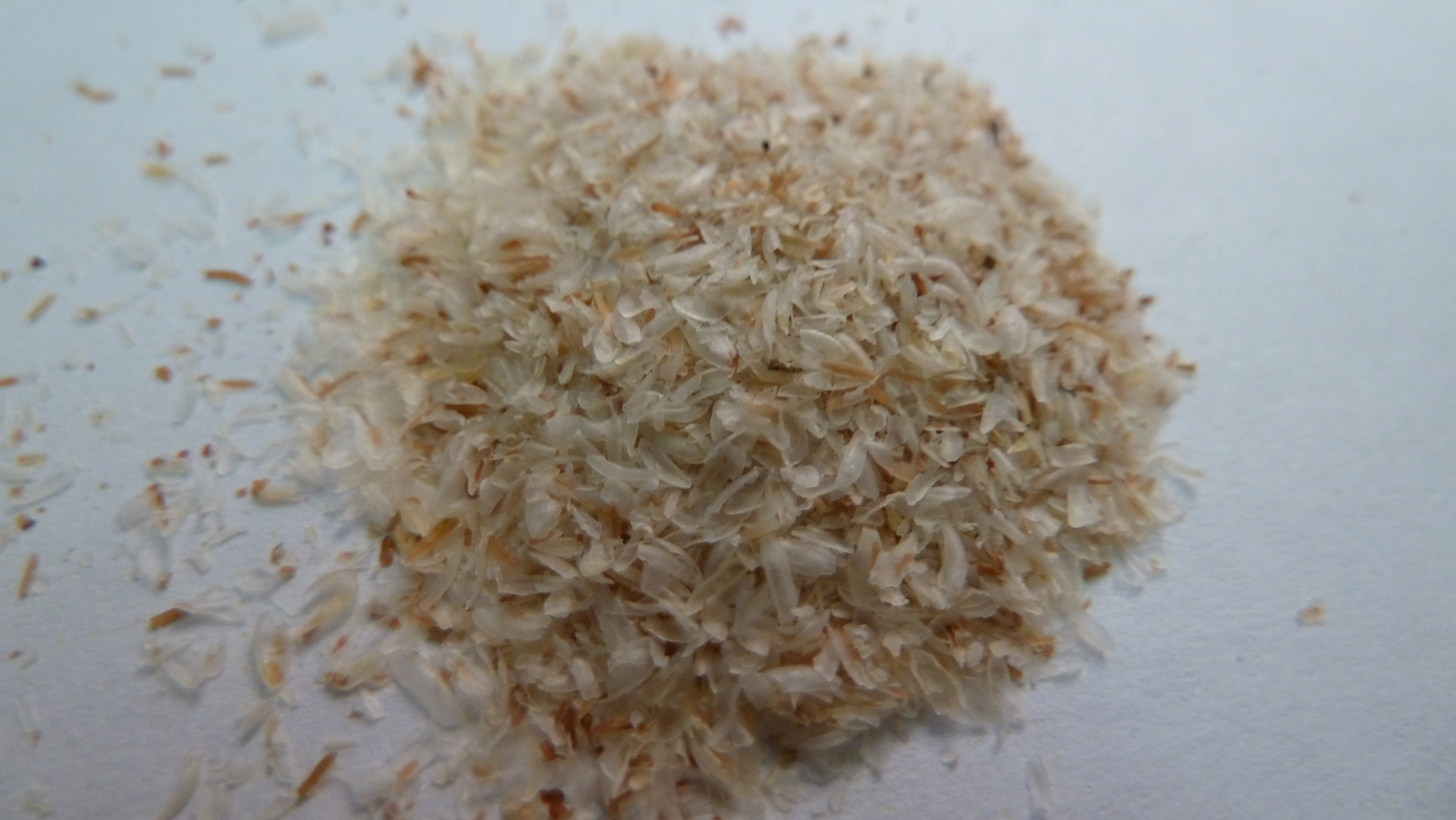
Psyllium husk may not be a household staple yet, but it’s a time-tested natural fiber supplement that’s used to keep cholesterol in check. The science is compelling: studies show that just 10 grams (about a heaping tablespoon) of psyllium daily can cut LDL cholesterol by nearly 10% in some people, especially when paired with a balanced diet. Psyllium is tasteless and dissolves well in water or smoothies. You’ll often find it as the main ingredient in popular fiber supplements, but you can also buy loose psyllium husk at most health food stores. Stir it into your breakfast yogurt, sprinkle it over cereal, or blend it into a morning smoothie. If you’re adding psyllium to your routine, be sure to drink an extra glass or two of water. For those with digestive conditions or on medication, a quick chat with your doctor can ensure you’re making a safe change. Gentle but powerful, psyllium brings a hidden boost of self-care to your daily routine.
4. Beans
Beans may seem ordinary, but don’t overlook their power in the cholesterol fight. Black, pinto, kidney, and navy beans are packed with both soluble fiber and plant-based protein, making them perfect heart helpers. Several studies have found that eating a cup of beans daily—whether in chili, soups, or salads—can cut cholesterol by 5–6% in just a few months. Beans work by slowing the rate of cholesterol absorption and promoting a healthy gut microbiome. They’re also filling, which can support weight management over time. Not sure where to start? Toss rinsed canned beans onto salads, blend them into dips, or stir them into whole-grain soups. If beans are new in your kitchen, introduce them slowly. Soaking dried beans and cooking them thoroughly can minimize digestive discomfort. Each scoop is nourishment and an investment in your long-term heart health—no fancy recipes required.
5. Walnuts
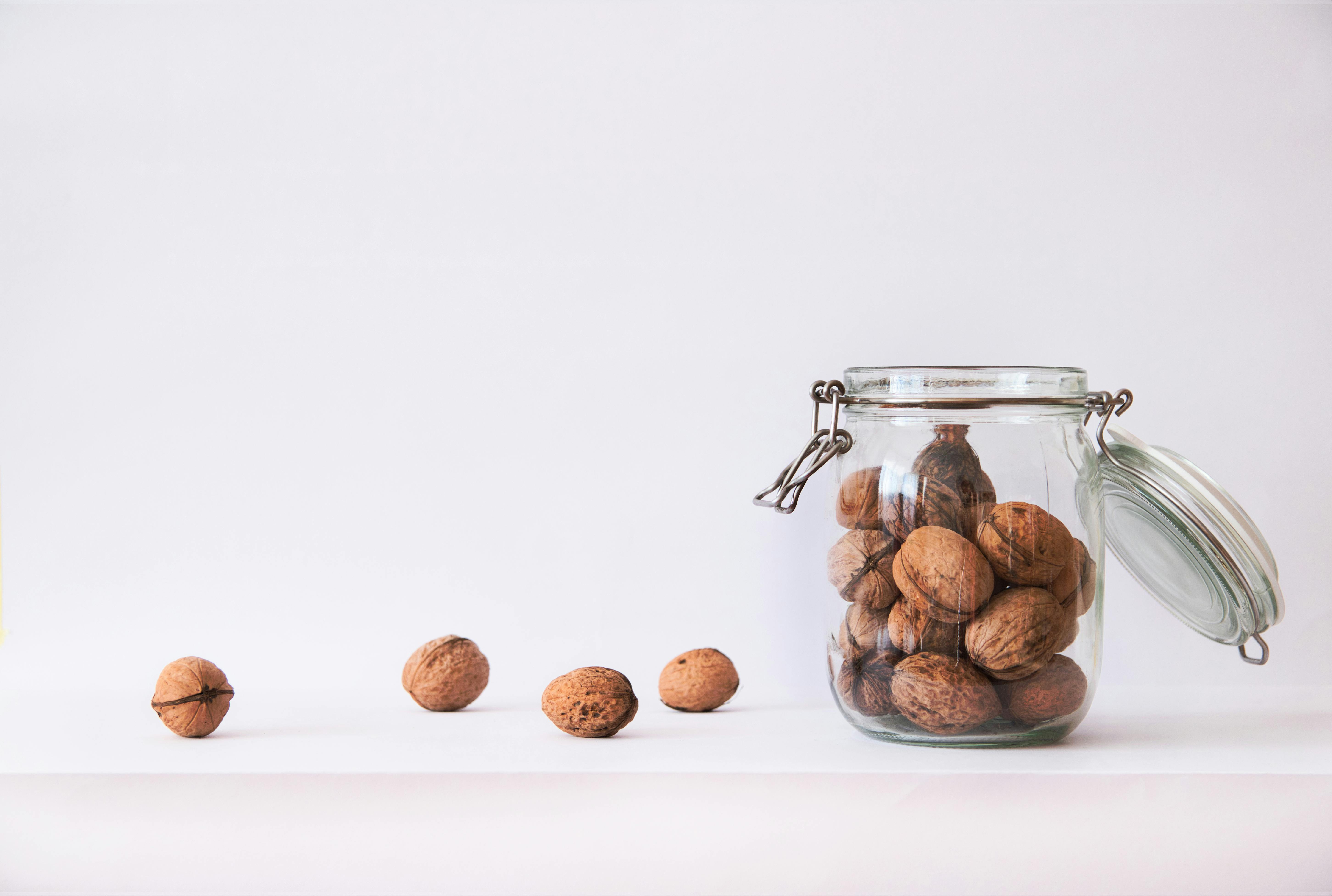
Walnuts do more than add crunch to your salad—they’re tiny shields for your arteries. Rich in omega-3 fatty acids, fiber, and phytosterols, walnuts help lower LDL cholesterol and may even help improve HDL (the “good” type). A review of multiple studies found that just a small handful daily—about 1.5 ounces—can seriously improve cholesterol numbers within a few weeks. For a heart-healthy snack, keep unsalted walnuts handy. Sprinkle them over oatmeal, yogurts, or roasted veggies. Enjoy them raw for their full nutritional benefit, or add to baked goods for a satisfying twist. Because walnuts are energy-dense, moderation is key—a little goes a long way. Every snack or salad topping counts as a nurturing step for your heart, building confidence as you develop new routines.
6. Almonds
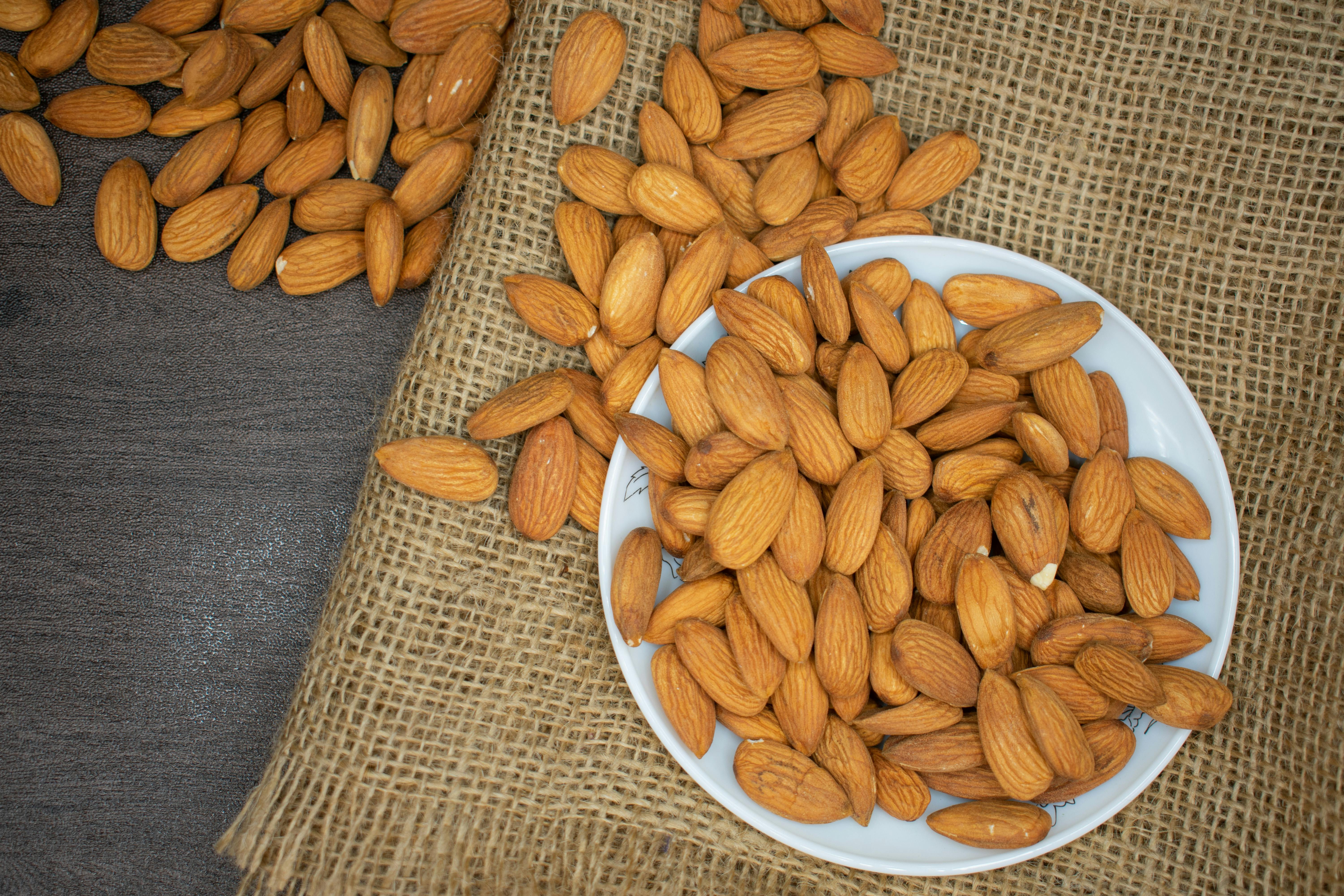
Almonds do double duty as both a heart-healthy snack and a cholesterol-lowering food. Evidence from several studies shows that eating a handful of almonds (about 1 ounce) most days can decrease LDL cholesterol while supporting healthy blood vessels. Almonds are packed with unsaturated fats, vitamin E, and plant sterols called phytosterols. Grab a small handful for an afternoon pick-me-up, toss them into salads, or stir almond slices into your morning oats. Raw and unsalted almonds bring the most benefits, but even lightly roasted versions add crunch and nutrition. If you’re watching calories, measure your portion—nuts are rich and satisfying in small amounts. Each almond is a reminder that small, consistent changes can add up to healthy progress that’s as delicious as it is sustainable.
7. Flaxseeds
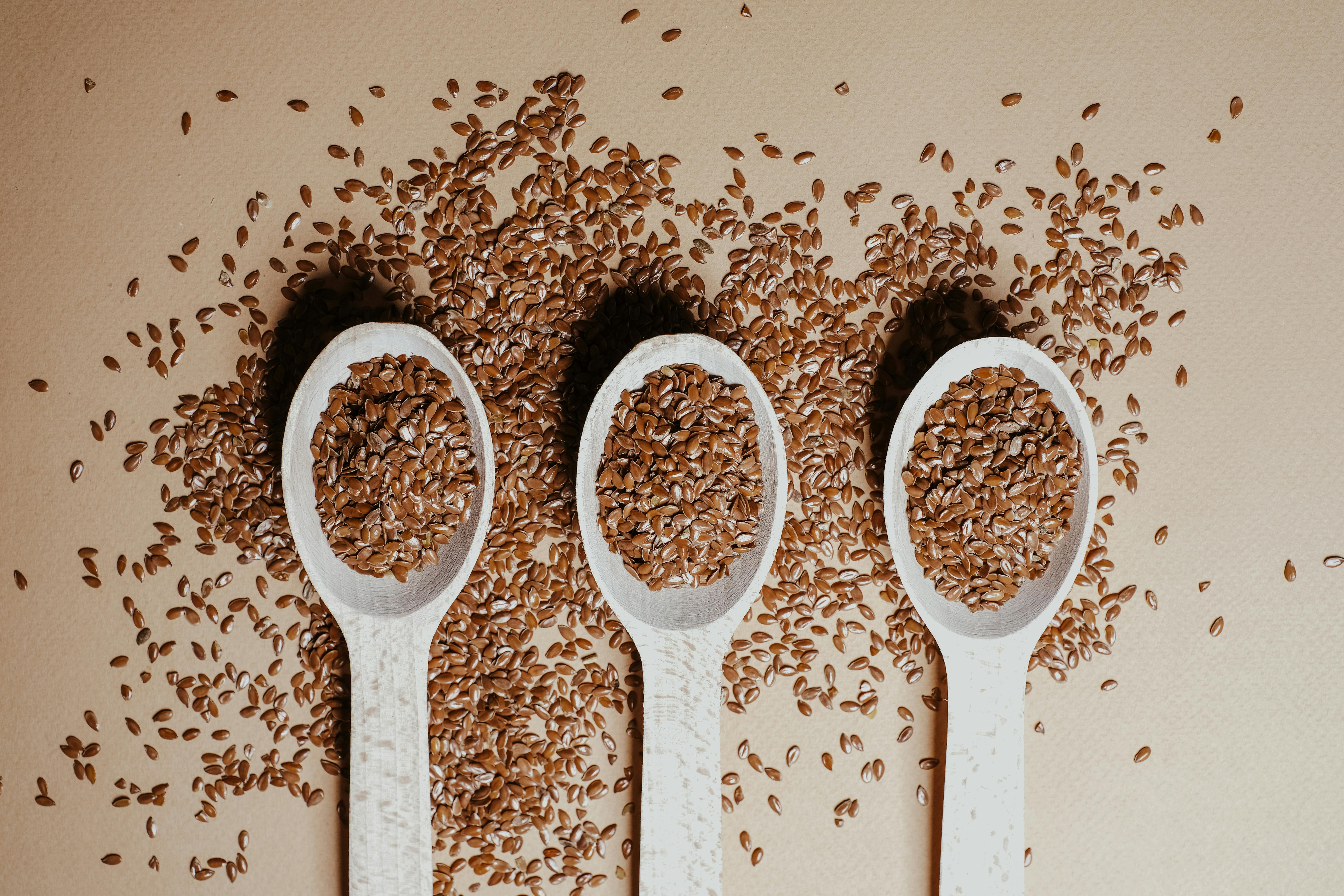
Flaxseeds are tiny but mighty, bringing a double punch of soluble fiber and omega-3s to your cholesterol management toolkit. Research shows adding just two to four tablespoons of ground flaxseed to your diet each day can lower LDL cholesterol (especially in those with high cholesterol), while giving your body a plant-based source of healthy fats. Buy whole flaxseeds and grind them at home for the best nutrition, or use pre-ground in smoothies, oatmeal, or baking. Flaxseeds blend seamlessly into yogurt, pancake batter, or sprinkled on salads for a subtle nutty flavor. Drink a little extra water as you add in flaxseed, and store ground flax in the fridge for freshness. Flaxseeds’ gentle, sustainable benefits are a testament to caring for your heart in ways that fit your lifestyle.
8. Fatty Fish
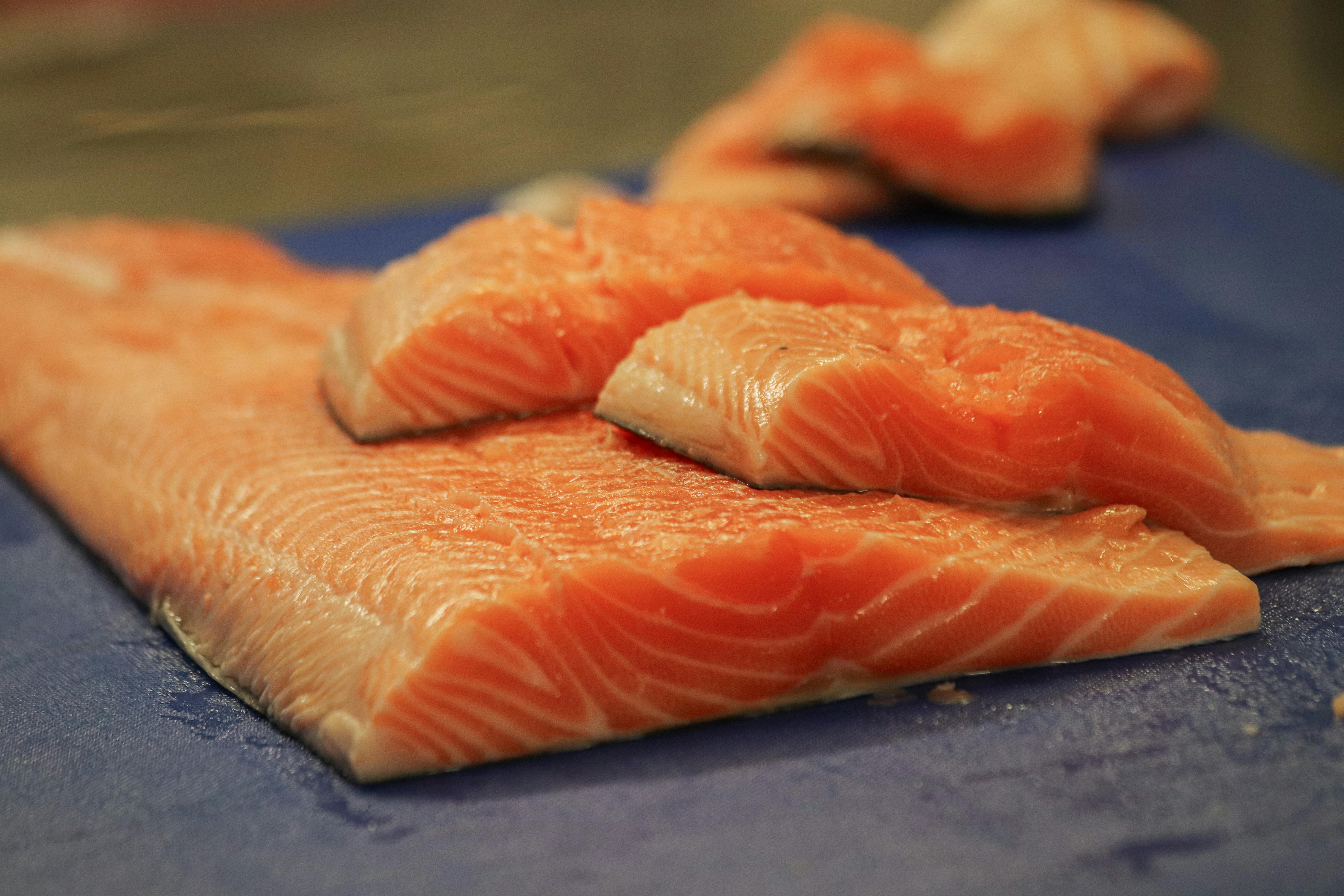
Fatty fish such as salmon, mackerel, sardines, and trout are at the top of most doctors’ lists for heart health. Their omega-3 fatty acids may not directly lower LDL, but they do reduce triglycerides, decrease inflammation, and can gently improve HDL levels. The American Heart Association recommends two servings a week for noticeable benefits. Bake, grill, or broil these fish for easy meals. Top salads, fold into tacos, or enjoy with whole grains and veggies for a balanced plate. If fresh fish is tough to find, canned salmon or sardines are affordable, convenient options. If you take blood thinners or have dietary restrictions, check in with your care team first. These wonderfully flavorful fish help build a meal plan that supports your heart with both strength and satisfaction.
9. Avocado

Creamy, versatile avocados do far more than decorate toast. They’re a rich source of monounsaturated fats, which can lower LDL cholesterol while boosting HDL. Clinical studies suggest that adding just one avocado a day to a balanced diet can improve cholesterol numbers and make meals more satisfying. Slice avocado onto whole-grain toast, blend into smoothies for a creamy texture, or chop into salads. Avocado’s healthy fats also help you absorb more nutrients from other veggies, making every meal a synergy of wellness. While avocados are full of heart-healthy fats, they’re also high in calories. Enjoy them mindfully—half an avocado is a solid serving for most people. Each bite is a reminder that food can be delicious medicine, supporting your journey at your own pace.
10. Olive Oil
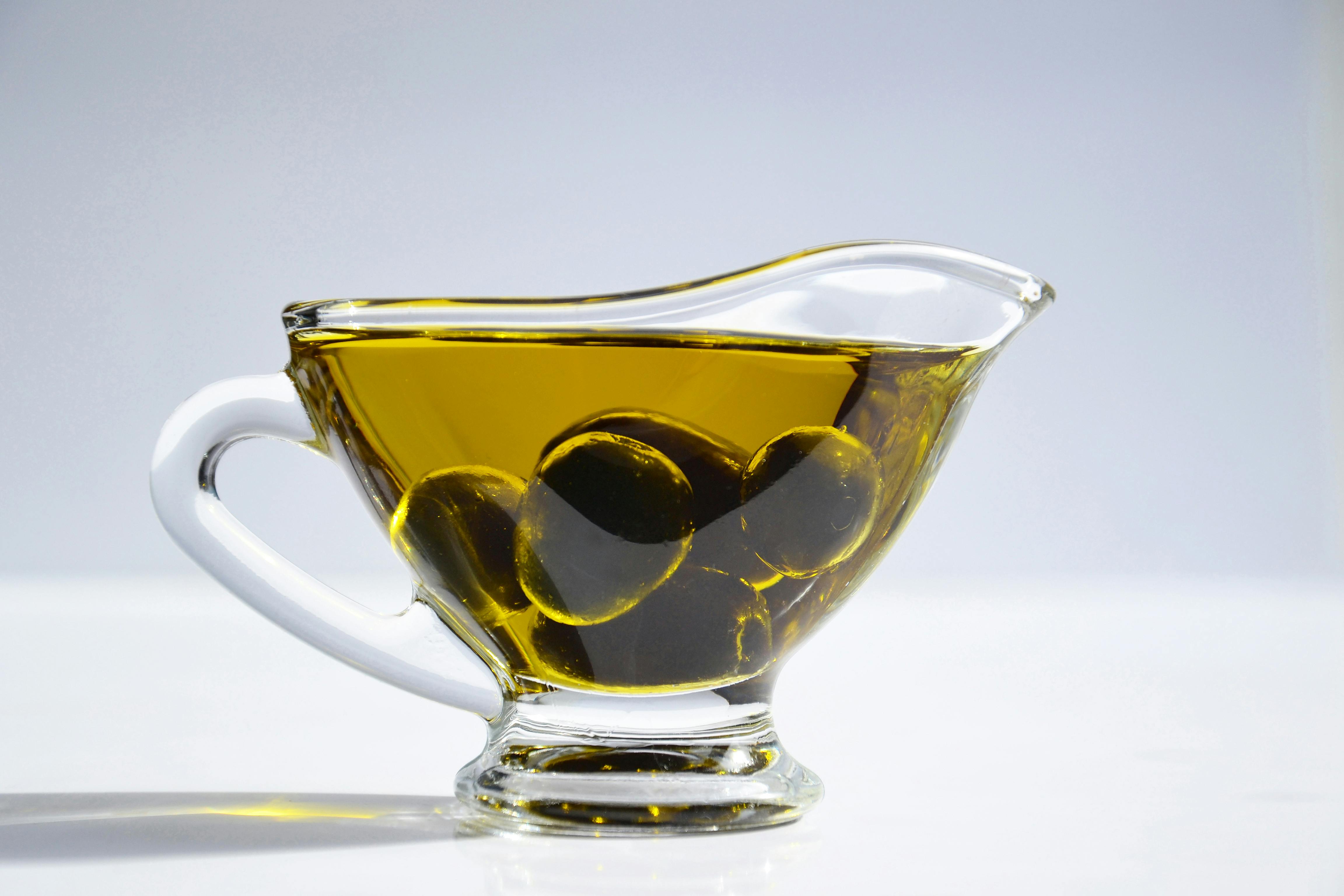
Olive oil—especially extra virgin—stands as a pillar of the Mediterranean diet for very good reasons. Packed with monounsaturated fats and polyphenols, it can lower LDL cholesterol when used in place of butter, margarine, or tropical oils. Studies repeatedly associate olive oil-rich diets with lower heart disease risk and improved cholesterol profiles. Use olive oil to dress salads, sauté vegetables, or drizzle over warm grains. Even a tablespoon or two a day can shift your fat intake toward healthier territory. Look for “extra virgin” on the label to ensure maximum antioxidant content. If you’re switching from another fat, make the trade a gentle one—try new recipes or swap a little at a time. Cooking, snacking, and even finishing a dish with olive oil is a reminder that each meal is a chance to show up for your own health.
11. Apples
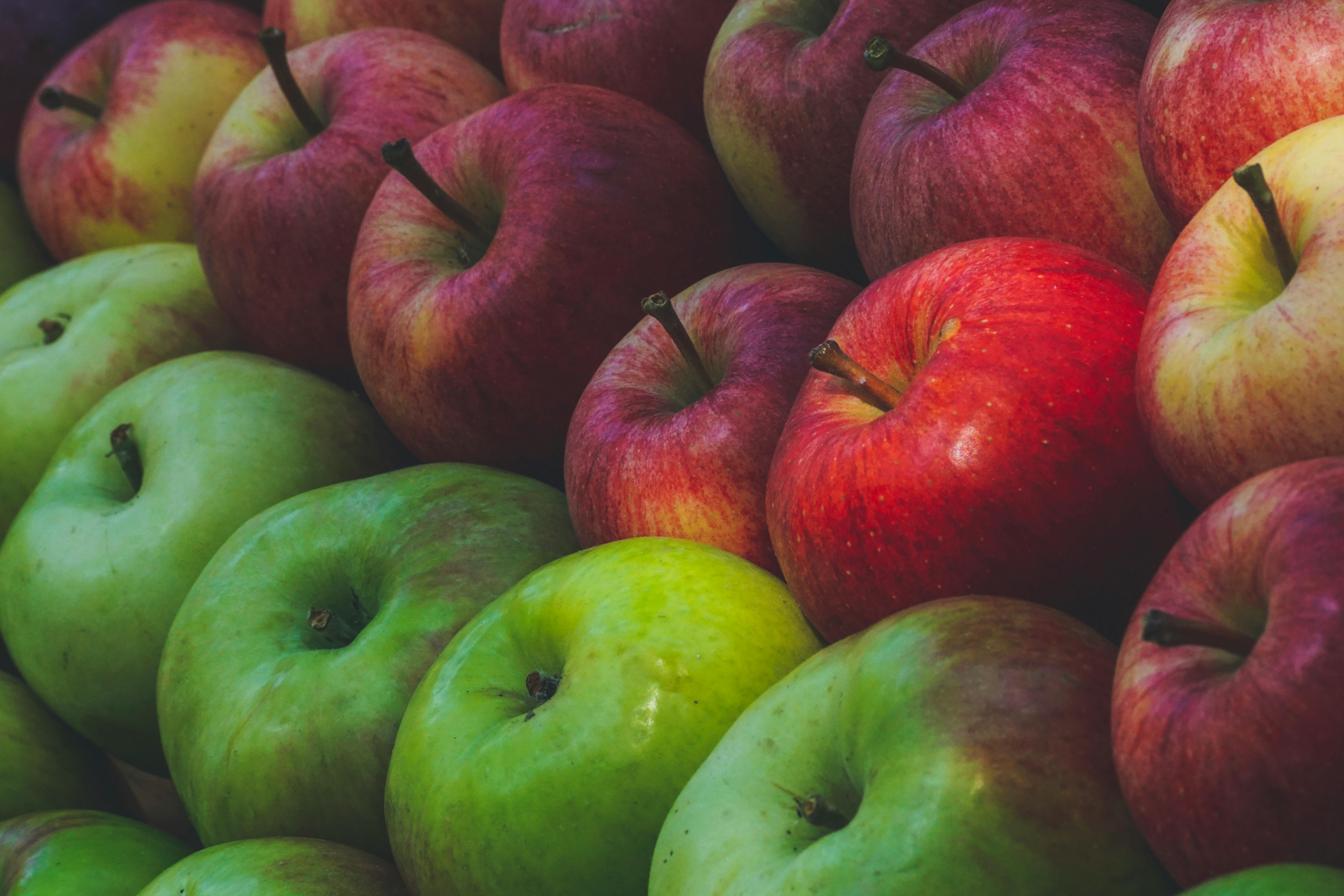
Apples have earned their “doctor’s favorite” reputation. They’re rich in pectin, a type of soluble fiber that helps trap cholesterol during digestion, so your body absorbs less. Several studies have linked eating one or two apples a day with reductions in LDL cholesterol and improved heart health. For the most impact, enjoy apples raw—sliced, diced, or with the skin on. They’re the perfect portable snack, simple to add to breakfast or toss into salads. Different varieties offer subtle flavor changes, so discover what you love. If you’re watching sugar intake, remember apples have a modest effect on blood sugar compared to many snacks. Every crunch is a bite closer to building habits that quietly support your well-being.
12. Berries
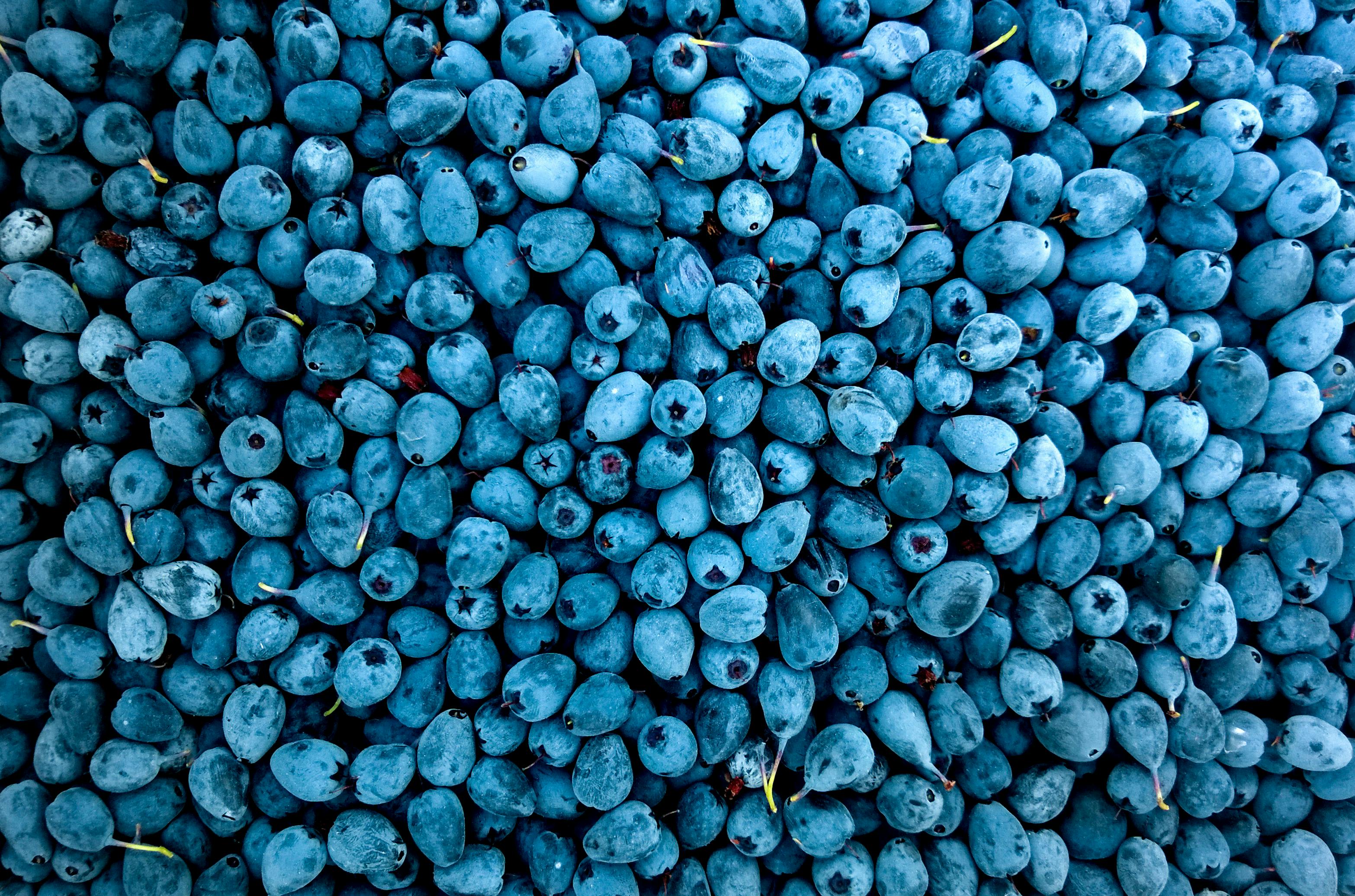
Berries—think blueberries, strawberries, raspberries—bring a burst of flavor, color, and cholesterol-lowering power. They’re rich in fiber and antioxidants, especially polyphenols, which help reduce LDL oxidation and support heart health. Some human studies suggest regular berry consumption helps lower overall cholesterol. Enjoy a cup of berries as a snack, swirl them into oatmeal, or blend them into smoothies. They’re a lower-sugar choice compared to many desserts and add both visual and nutritional flair to your day. Fresh or frozen, berries are easy to add year-round. Each spoonful is not just a treat but a heart-smart investment, reminding you that healthy eating can be joyful and delicious.
13. Grapefruit
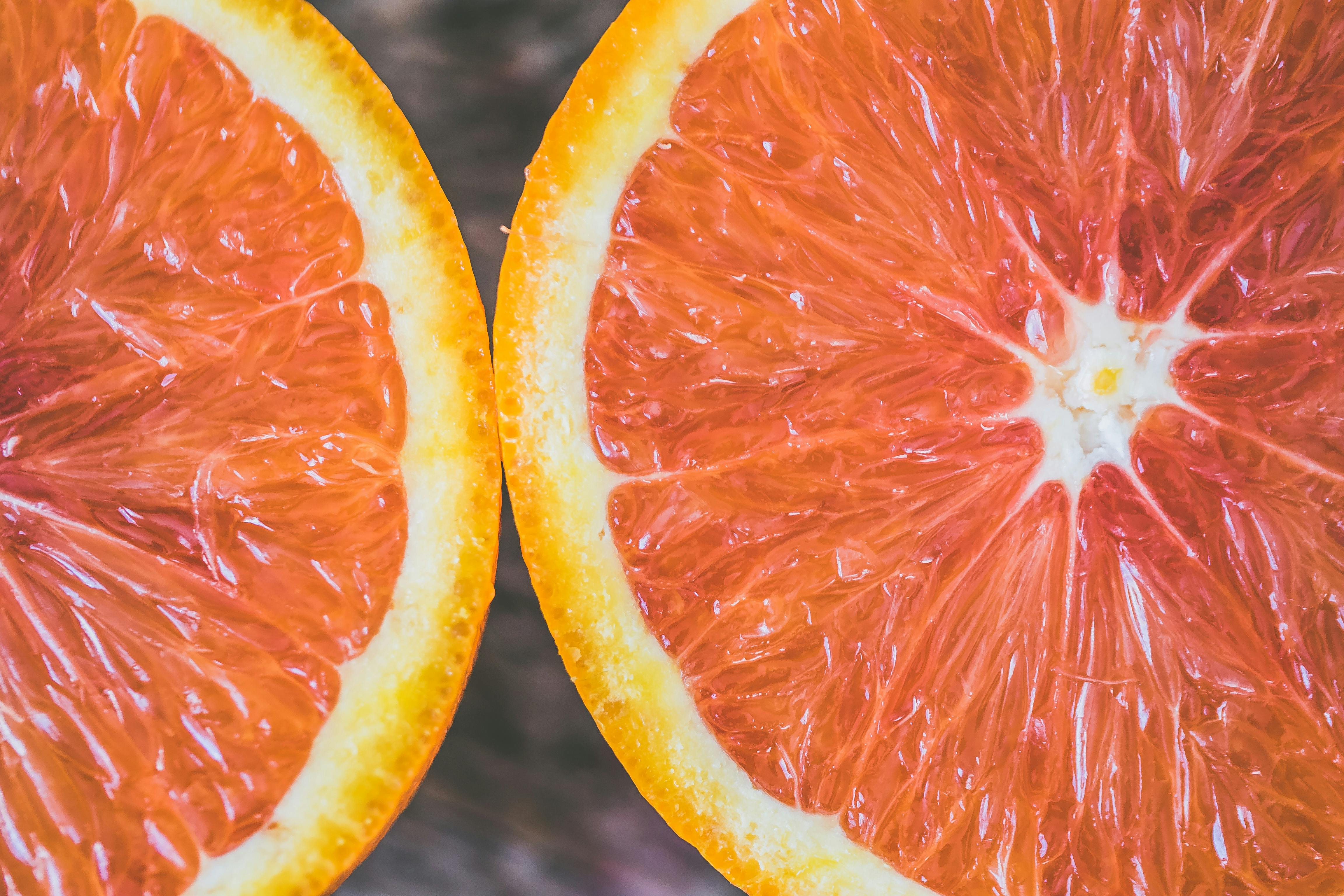
Grapefruit offers a fresh, zesty way to help lower cholesterol. Compounds called flavonoids and soluble fiber work together to support lower LDL levels. Some studies suggest eating one grapefruit a day can make a measurable difference in cholesterol over time. Enjoy grapefruit plain, sliced with a drizzle of honey, or as a bright salad ingredient. The tangy flavor wakes up your palate and offers a hydration boost, too. Grapefruit does interact with some medications (especially statins and blood pressure drugs), so check with your doctor or pharmacist if you’re unsure. Welcoming grapefruit into your day can be a simple, empowering way to lift your cholesterol-lowering repertoire.
14. Soy Foods
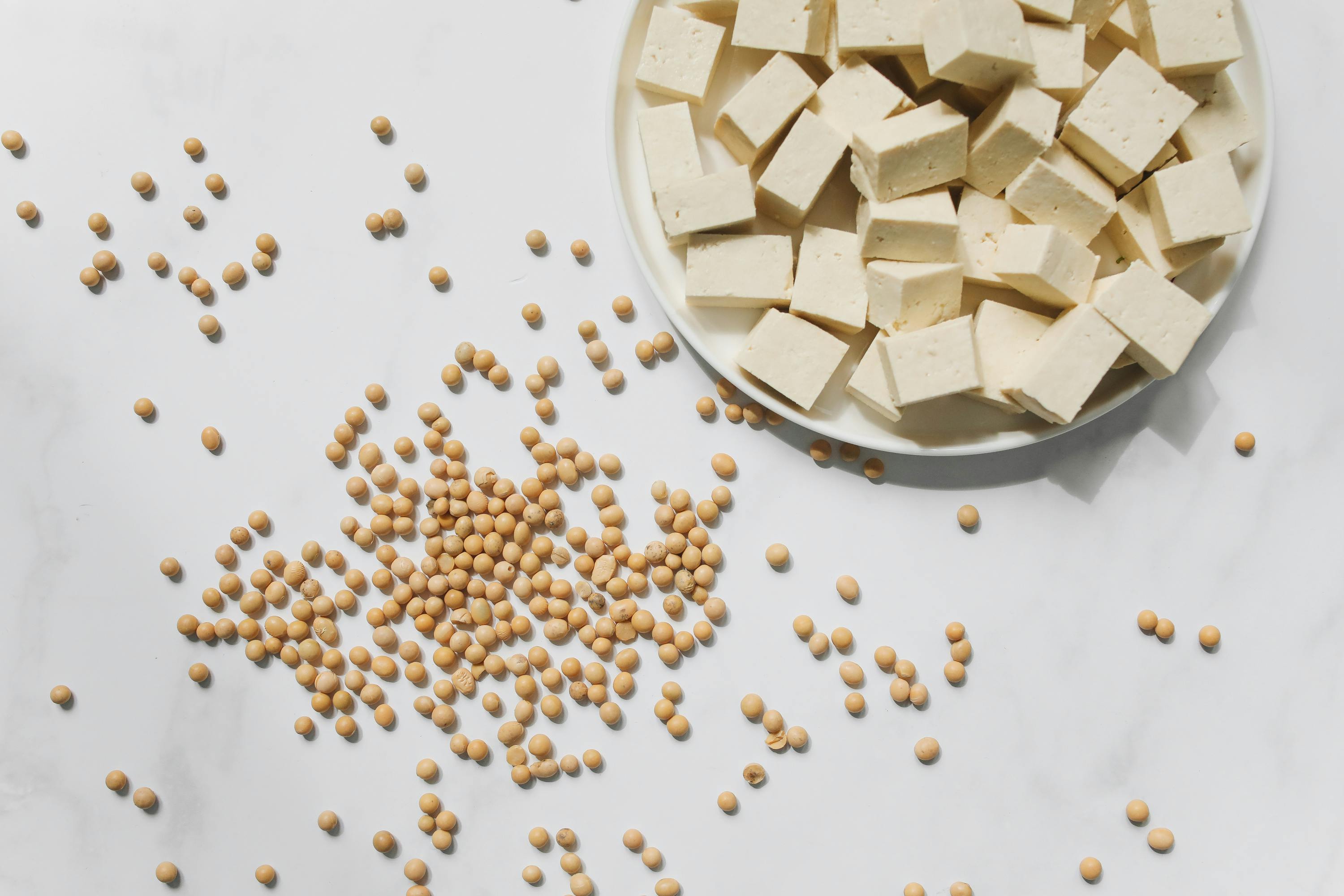
Soy-based foods like tofu, edamame, and soy milk have long been recognized for their cholesterol-lowering effects. Their unique proteins can help lower LDL cholesterol by a modest but meaningful amount—especially when they replace higher-fat meats or cheeses. The FDA recommends 25 grams of soy protein a day for heart benefits. Add tofu cubes to stir-fries, snack on steamed edamame, or swap in soy milk for smoothies and cereals. Soy’s mild flavor works in countless recipes, making it simple to include if you’re curious or cutting back on animal foods. Soy is a nutritious option for most people, though if you have thyroid issues or take certain medications, a quick doctor check-in is wise. Every meal with soy is another step toward variety, balanced nutrition, and cholesterol support.
15. Dark Leafy Greens
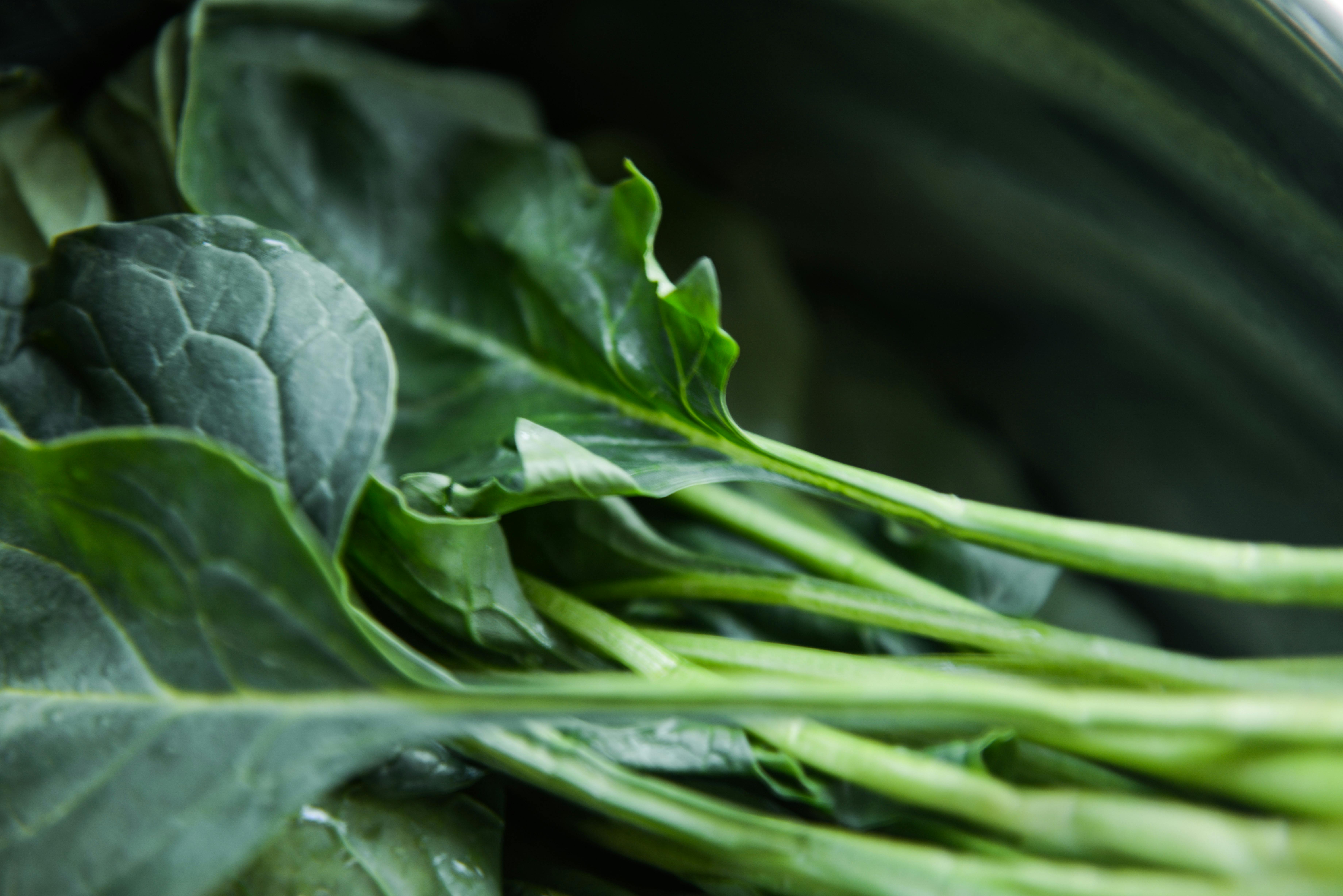
Dark leafy greens—spinach, kale, collards—may not come with a health halo for nothing. Packed with fiber and antioxidants called luteins, they help lower cholesterol absorption while safeguarding artery walls. Studies indicate that eating a cup of these greens a day can make a positive difference. Toss spinach into omelets, blend kale into smoothies, or sauté collards as a flavorful side. Their versatility means more chances to support your goals, meal after meal. If greens are new to your plate, start with milder types like baby spinach and build up as you discover new flavors. These vibrant veggies are about more than lowering cholesterol; they’re about daily acts of care for your heart, mind, and spirit.
Embrace Your Journey to Heart Health

Lowering cholesterol isn’t about a single superfood or a fleeting diet plan—it’s about kindness to yourself, one nourishing choice at a time. As you weave these 15 foods into meals and snacks, remember that every swap and taste is progress worth celebrating. Focus less on numbers and more on consistency: the act of choosing an apple over chips, or beans instead of processed meat, is a stand for your future self. Partner with your healthcare provider to set goals, check your progress, and celebrate every victory along the way. Meal prep, new recipes, and simply being mindful of what fills your cart are powerful tools. Surround yourself with encouragement—perhaps invite family or friends to join you, turning food into a joyful act of self-care. These foods aren’t a substitute for necessary medication, but they’re real allies on your path. Trust your ability to evolve gently. Your heart is resilient, and with each thoughtful choice, you nourish a more energetic, confident, and vibrant you—at every stage, for every tomorrow.